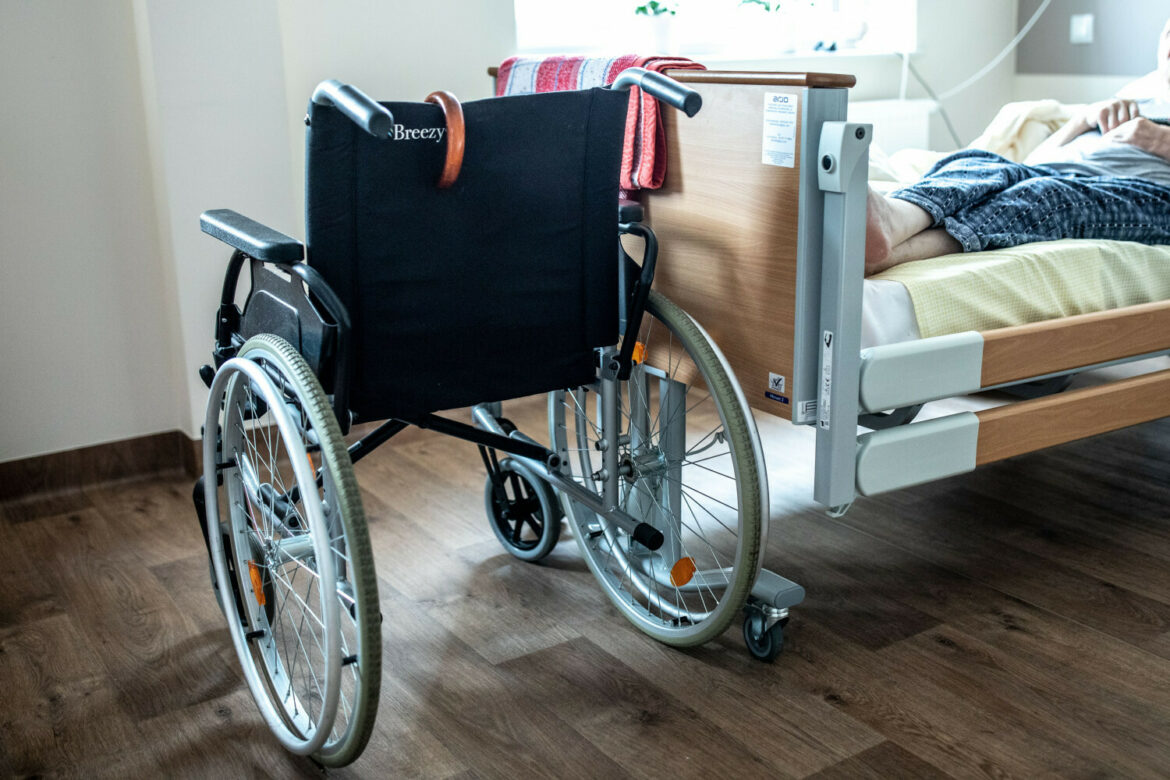Professor Wojciech Leppert from the University of Zielona Góra’s Collegium Medicum is working in an international consortium to develop and implement a programme to provide optimal palliative care for patients with advanced-stage cancer.
Many patients at an advanced stage of cancer are discharged from hospitals without continuity of information and without assurance of further treatment and care. The result is a failure to ensure proper continuity and co-ordination of care for the patient. This negatively affects patients’ quality of life and increases the incidence of readmissions to hospital in the last phase of life.
Researchers from Germany, Hungary, the Czech Republic, Romania, Belgium, Spain, Portugal and the UK and Poland are aiming to change this. The researchers decided to develop, adapt and implement the PAL-CYCLES (PALliative Care Yields Cancer welLbEing Support) programme.
The programme is designed to introduce patient-centred communication and provide continuity of palliative care for cancer patients at home, reduce unplanned hospital admissions and improve the quality of life of patients and their families
“The programme will be adapted to the cultural requirements and healthcare systems of seven European countries through a randomised controlled clinical trial using a variable sample size. The experiences of patients, families and healthcare professionals, as well as ethical and equity issues, will be assessed using qualitative methods”, says Professor Wojciech Leppert.
PAL-CYCLES is scheduled to run for five years. The project is coordinated by Stichting Radboud Universitair Medisch Centrum from the Netherlands. The total amount of funding from the Horizon Europe programme is close to EUR 4.5 million. Research at the University of Zielona Góra has been allocated €368,750.
Arkadiusz Słomczyński





